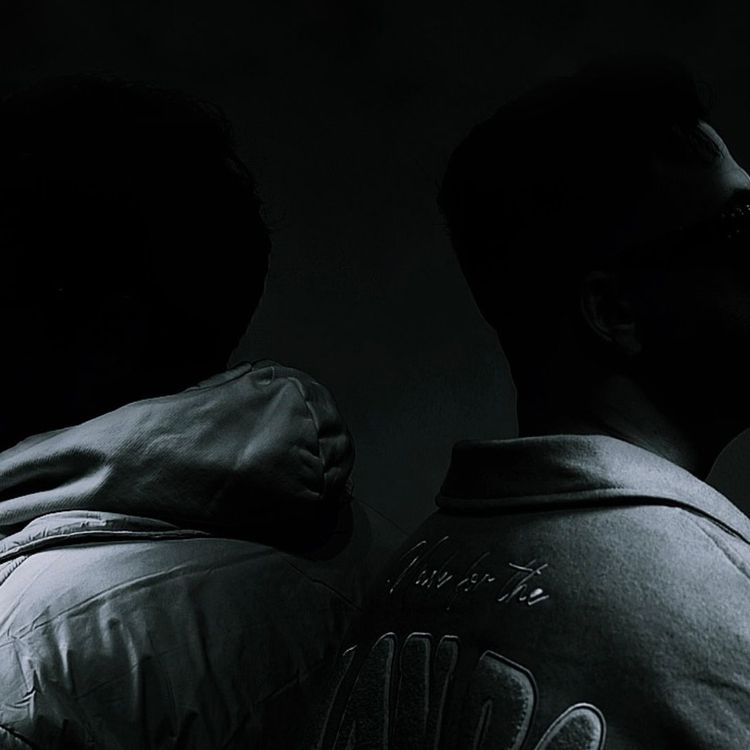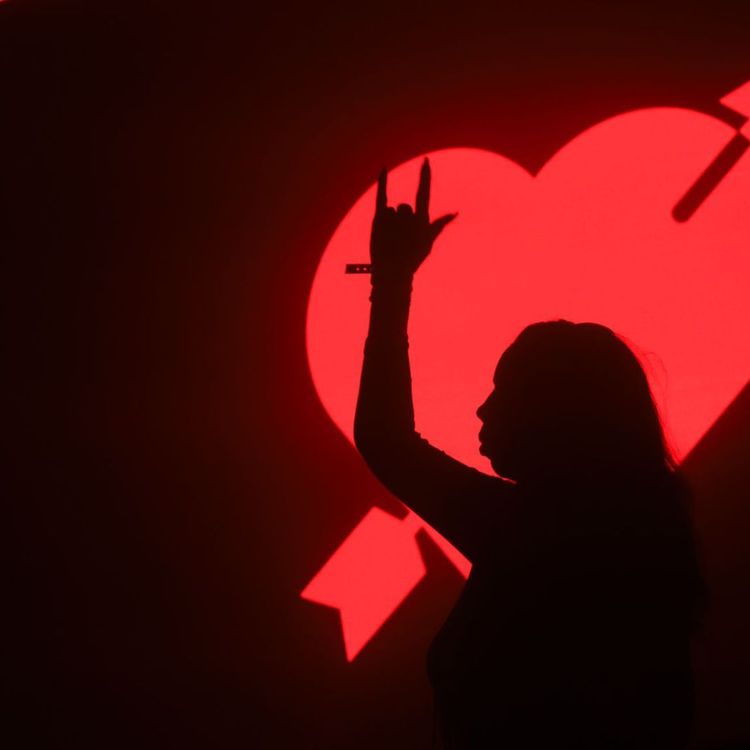Berlin’s Club Scene Is on Life Support
Is Berlin Still Berlin Without Its Clubs?
When’s the last time you danced until sunrise in Berlin — no phone signal, no clock-watching, just music, sweat, and strangers who felt like old friends? Now imagine that version of Berlin disappearing. Because it is.
The city once hailed as Europe’s clubbing capital is going through what locals call Clubsterben — the death of clubs. Legendary spots like Watergate, Renate, and Berlin’s oldest queer club, SchwuZ, have already closed or are about to — some due to bankruptcy, others because landlords refused to renew their leases.
For a city whose global rep was built on underground music and hedonistic freedom, this isn’t just a nightlife story. It’s a cultural shift, and a warning.

From Free-For-All to Fight for Survival
Back in the ‘90s, Berlin was a different animal. After the Wall fell, the city was broke, empty, and full of potential. A lot of its buildings were abandoned. You could throw a party in a crumbling department store or an old bank vault — no permits, no rules. That’s literally how the now-famous club Tresor was born.

People weren’t just going to clubs — they built them. They brought trees to decorate the floor, gold-framed mirrors, wild outfits, art installations. It was part party, part playground, part protest.
Fast forward to now, and Berlin has gentrified hard. Apartments are luxury. Rents are high. And the underground scene — which was never meant to be commercial — is being priced out.
Take About Blank, a beloved techno club. The city just approved construction of a hotel next door. More hotels mean more complaints. Noise regulations tighten. The once-safe zone for all-night freedom now fights to exist — literally.

about blank. Photo: Emmanuele Contini
Empty Dancefloors and Changing Priorities
It’s not just rent killing the scene. Inflation has made everything more expensive — tickets, drinks, even the U-Bahn ride home. People are going out less. According to the Berlin Club Commission, over half of the city’s clubs saw a drop in visitors last year.
Where once people partied Friday and Saturday every week, now it’s maybe one night a month — if that.

And there’s a generational shift too. Gen Z is drinking less. Clubbing less. They’re exploring other ways to connect, unwind, rebel. Some club owners, like those behind SchwuZ, are trying to adapt: sober parties, daytime events, new formats. But reinvention is hard when you’re bleeding money.

What Happens When the Scene Is Gone?
Clubs in Berlin aren’t just entertainment. They’re institutions — especially for marginalized communities. They’ve been places to be seen, to experiment, to feel safe being weird. They’ve driven tourism, inspired music globally, and shaped entire subcultures.
Now, nearly half of Berlin’s clubs are considering closing. Some are crowdfunding just to survive. Others are asking for tenant protections from the city. But support is shaky, and time is running out.
And here’s the part no one wants to admit: it’s not just external forces killing the scene. It’s also us.
The magic of Berlin’s club scene wasn’t just the DJs or the venues. It was the people. The ones who didn’t just consume the party but contributed to it. Who brought weird energy, who danced like no one was watching, who treated the night like a shared experience — not a service.
So What Now?
If Berlin’s clubs are going to survive, it’s going to take more than nostalgia. It means showing up. Supporting local venues. Maybe even helping shape what the next version of the scene looks like — one that reflects the way we live now but keeps the soul of what made Berlin Berlin.
Because if the clubs go, it’s not just the music that dies. It’s a piece of freedom, spontaneity, and culture that won’t come back easily.
















